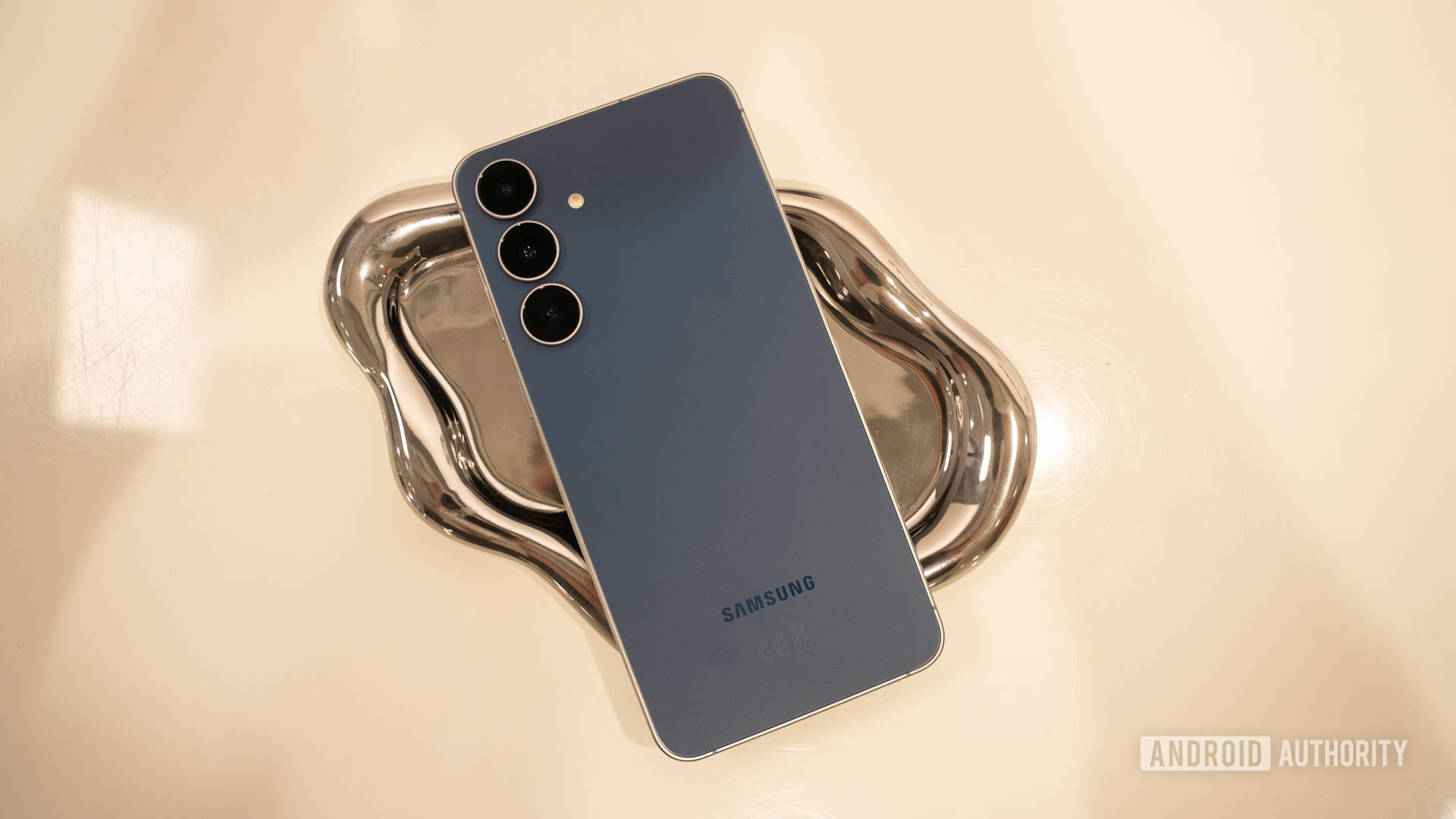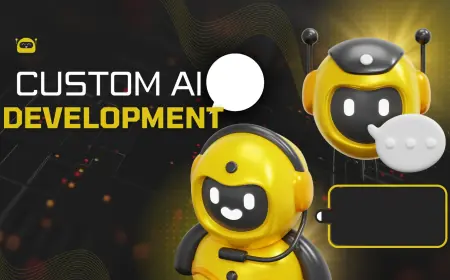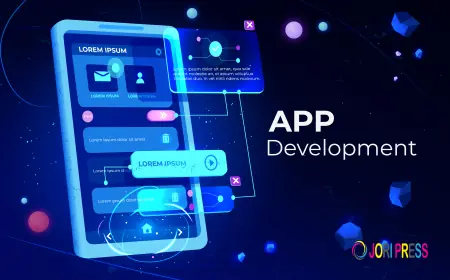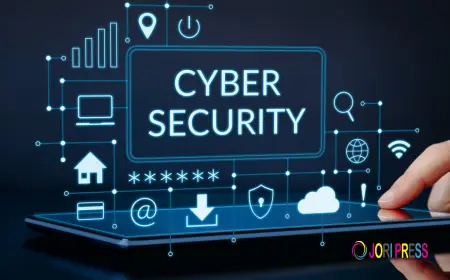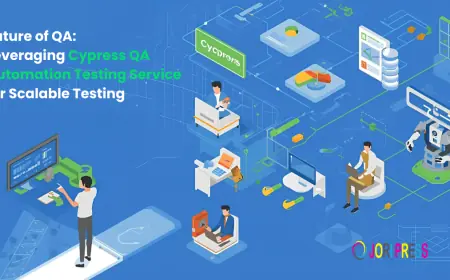PCI Compliance IT: Why It Matters for Every Business
Learn what PCI compliance IT means, why it matters, and how businesses can achieve it. Discover best practices for protecting customer payment data.
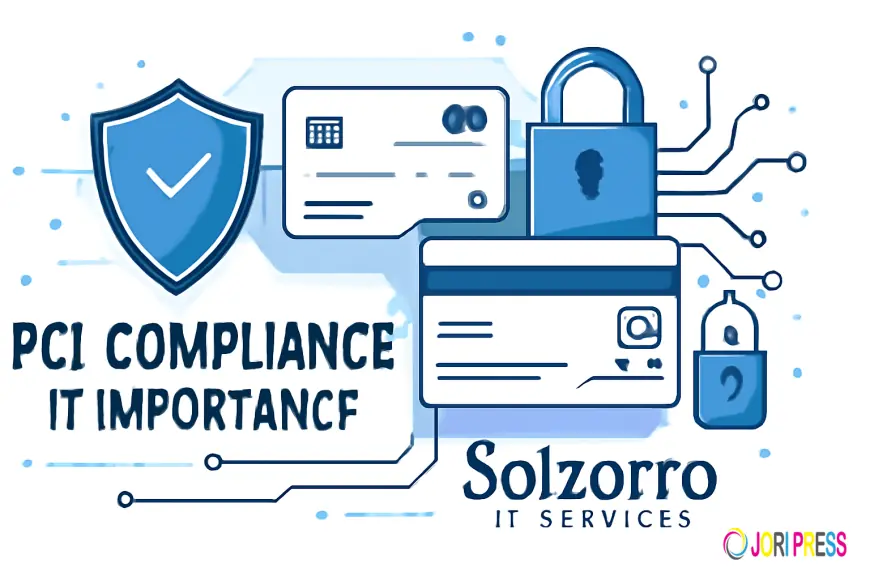
Introduction
Handling customer payments securely is no longer optional—it’s a requirement. If your business processes, stores, or transmits credit card information, you must follow the Payment Card Industry Data Security Standard (PCI DSS). Achieving PCI compliance ensures that sensitive customer data is protected while reducing your risk of data breaches, financial penalties, and reputational damage.
In this blog, we’ll break down what PCI compliance IT means, why it’s crucial for businesses of all sizes, and how you can build a strategy to meet compliance requirements effectively.
What Is PCI Compliance IT?
PCI compliance IT refers to the set of security measures, processes, and technologies that businesses must implement to comply with PCI DSS standards. These standards are developed by the PCI Security Standards Council (PCI SSC), a body founded by major credit card brands like Visa, MasterCard, and American Express.
In simple terms, PCI compliance IT ensures that every system handling payment card data is secure, monitored, and protected against cyber threats.
Why PCI Compliance Matters
1. Protecting Customer Trust
Customers expect their financial information to remain safe. A single breach can permanently damage trust and push clients toward competitors.
2. Avoiding Legal and Financial Penalties
Non-compliance can result in hefty fines ranging from $5,000 to $100,000 per month, depending on the severity of the violation.
3. Reducing Cybersecurity Risks
PCI compliance requirements are built around best practices like encryption, firewalls, and vulnerability management—all of which reduce the chances of a data breach.
4. Improving Business Reputation
Achieving PCI compliance signals to clients and partners that your business takes cybersecurity seriously.
Key PCI DSS Requirements
The PCI DSS framework consists of 12 core requirements organized into six key objectives:
1. Build and Maintain a Secure Network
-
Use firewalls to protect data.
-
Avoid vendor-supplied default system passwords.
2. Protect Cardholder Data
-
Encrypt transmission of cardholder data across public networks.
-
Store sensitive information securely.
3. Maintain a Vulnerability Management Program
-
Regularly update antivirus software.
-
Patch systems promptly.
4. Implement Strong Access Control Measures
-
Restrict data access to those who need it.
-
Use multi-factor authentication.
5. Monitor and Test Networks
-
Track and monitor all access to network resources.
-
Perform regular penetration testing.
6. Maintain an Information Security Policy
-
Document policies and procedures.
-
Train employees on compliance.
Best Practices for PCI Compliance IT
Compliance implementation calls for a proactive IT approach; it goes beyond simply checking boxes. Here are some best practices:
Regular Security Audits
Conduct quarterly scans and annual audits to ensure compliance is maintained.
Use Tokenization and Encryption
Replace sensitive cardholder data with tokens and encrypt all transmissions.
Limit Data Storage
Only store essential data, and purge outdated records to reduce risk.
Employee Training
Human error is a top cause of breaches. Ensure staff understand how to handle data safely.
Leverage Managed IT Services
Partnering with experts like Solzorro’s PCI compliance IT services can make achieving compliance smoother and more cost-effective.
Common Challenges Businesses Face
-
Complex Regulations: Understanding technical requirements can overwhelm smaller IT teams.
-
Cost of Implementation: Security tools and audits require investment.
-
Changing Standards: PCI DSS updates periodically, requiring continuous monitoring.
-
Third-Party Risks: Vendors and partners can be weak links in compliance.
The Role of IT Teams in PCI Compliance
Your IT department is central to achieving and maintaining PCI compliance. Their responsibilities include:
-
Configuring firewalls, access controls, and intrusion detection systems.
-
Conducting regular scans for vulnerabilities.
-
Documenting compliance procedures for audits.
-
Coordinating with external assessors and vendors.
By embedding PCI DSS into your broader IT security strategy, compliance becomes part of everyday operations rather than a one-time project.
Benefits Beyond Compliance
While PCI compliance is often seen as a regulatory burden, it brings long-term value to businesses:
-
Stronger cybersecurity posture
-
Fewer chances of costly downtime
-
Improved customer retention
-
A competitive edge in security-conscious industries
FAQ: PCI Compliance IT
What happens if my business isn’t PCI compliant?
Non-compliance can result in fines, higher transaction fees, and even loss of the ability to process credit card payments.
Does PCI compliance guarantee I won’t be hacked?
No. Compliance reduces risks significantly but doesn’t eliminate them. It should be part of a broader cybersecurity strategy.
Do small businesses need PCI compliance?
Yes. Any business that accepts credit card payments—no matter the size—must comply with PCI DSS standards.
How often should PCI compliance be reviewed?
PCI DSS mandates quarterly vulnerability scans and yearly assessments.
Conclusion
PCI compliance IT is not just about meeting industry regulations—it’s about safeguarding customer trust, protecting your business from fines, and building a stronger security posture. By combining the right tools, processes, and expert support, businesses can achieve compliance without unnecessary complexity.
If your business wants to simplify PCI compliance, working with experienced IT partners like Solzorro ensures that your systems remain secure, compliant, and ready for the future.
Files
What's Your Reaction?
 Like
0
Like
0
 Dislike
0
Dislike
0
 Love
0
Love
0
 Funny
0
Funny
0
 Angry
0
Angry
0
 Sad
0
Sad
0
 Wow
0
Wow
0






